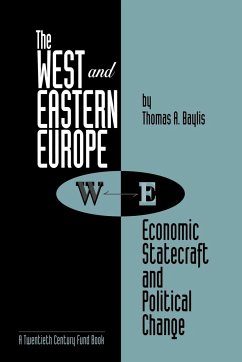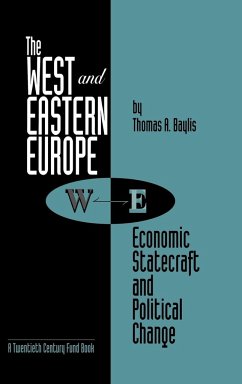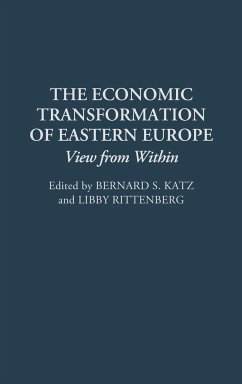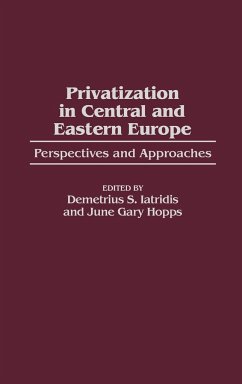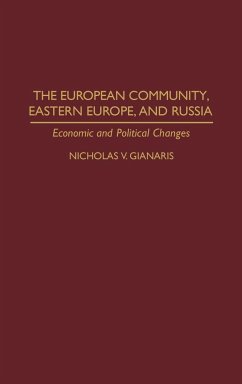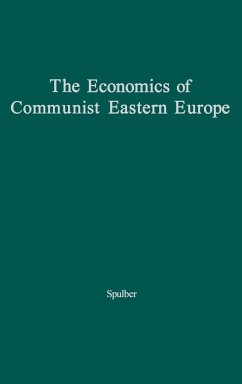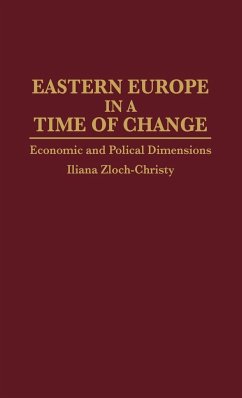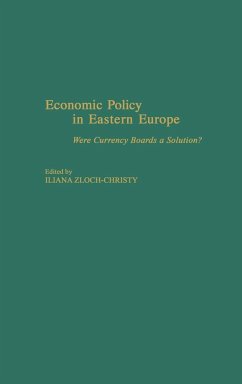
The Basic Features of Postcommunist Capitalism in Eastern Europe
Firms in Hungary, the Czech Republic, and Slovakia
Versandkostenfrei!
Versandfertig in 1-2 Wochen
87,99 €
inkl. MwSt.

PAYBACK Punkte
44 °P sammeln!
King seeks to understand how the transition from state-socialism to capitalism was accomplished in Eastern Europe. The purpose of studying the process of transition is uo understand the end-point of the transition; that is, the structure of the postcommunist economy results from the different ways that private property was made by enterprise level actors. King identifies strategies of transition employed by postcommunist economic elites to transform property and acquire various property rights discusses, the conditions under which different strategies are likely to be selected, lists and, the ...
King seeks to understand how the transition from state-socialism to capitalism was accomplished in Eastern Europe. The purpose of studying the process of transition is uo understand the end-point of the transition; that is, the structure of the postcommunist economy results from the different ways that private property was made by enterprise level actors. King identifies strategies of transition employed by postcommunist economic elites to transform property and acquire various property rights discusses, the conditions under which different strategies are likely to be selected, lists and, the resources used by actors to implement these strategies. As King illustrates through his case studies, when aggregated, these strategies are primarily responsible for the structuring of the postcommunist capitalist systems. This is done through the creation of different types of property (such as multinationals or management buy-outs) and integrating mechanisms (such as markets or state redistribution). The resulting property forms and integrative mechanisms that emerge from this process are assessed for their possible effect on economic performance and long-term development. Differences that exist among the various postcommunist economies are explained by the institutional legacies from the reform period of communism. This book is of particular interest to scholars, students, and researchers involved with East European studies, political and economic sociology, and international political economy.



